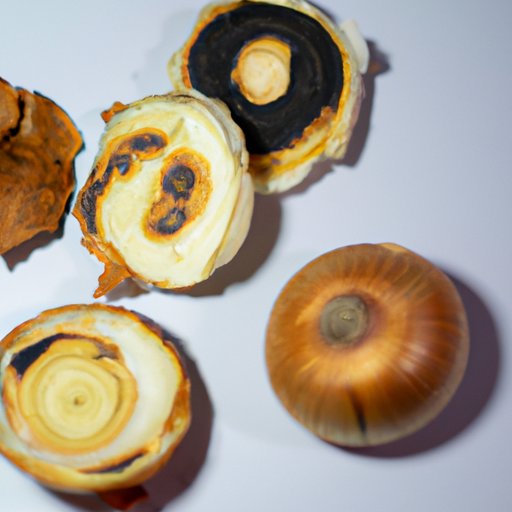Introduction
Boils, also known as skin abscesses, are painful, pus-filled bumps that develop on the skin’s surface. They can occur anywhere on your body but typically form in areas where the skin is moist and prone to friction, such as the armpits, buttocks, and groin. Identifying and treating boils is essential to prevent them from becoming severe and causing further complications. This article aims to provide tips and insights on how to treat boils effectively.
Causes of Boils
Boils typically form when hair follicles or oil glands on your skin become infected with bacteria. The bacteria responsible for causing boils is usually Staphylococcus aureus. Once the bacteria enters the skin, it can cause inflammation, leading to the formation of boils. Other factors that can increase your risk of developing boils include poor hygiene, weakened immune system, and underlying health conditions such as diabetes.
Home Remedies for Boils
There are several natural remedies that can help treat boils at home. One of the most effective remedies is warm compresses. Applying a warm compress to the affected area will help increase blood flow to the site and promote drainage.
To apply a warm compress, soak a clean cloth in warm water and wring it out. Place the cloth over the boil and hold it in place for at least ten minutes. Repeat the process several times a day until the boil drains on its own.
Another natural remedy that can help treat boils is tea tree oil. Tea tree oil is a powerful essential oil that has antibacterial properties and can help reduce inflammation. To use tea tree oil, mix a few drops of the oil with a carrier oil such as coconut oil or almond oil. Apply the oil mixture directly to the boil and cover it with a bandage. Repeat the process several times a day until the boil heals.
Other natural remedies that can help treat boils include turmeric, onion, and garlic. All of these remedies have antibacterial properties that can help fight the infection causing the boil.
Tips for Preventing Boils
Good hygiene is essential to preventing boils. Make sure to keep your skin clean and dry and avoid sharing personal items such as towels or razors.
Additionally, try to avoid behaviors that can lead to skin infections. For example, avoid squeezing pimples or picking at scabs since this can introduce bacteria into the skin.
You should also be mindful of your diet and lifestyle habits. Eating a healthy diet and getting enough sleep can help boost your immune system and reduce your risk of developing boils.
Medical Treatments for Boils
If home remedies do not work, you may need medical treatment for your boil. Your doctor may prescribe antibiotics to help fight the bacterial infection causing the boil. In some cases, your doctor may also perform an incision and drainage procedure to help the boil drain completely.
It is essential to follow your doctor’s instructions carefully to ensure that the boil heals correctly. You may also be advised to practice good hygiene to prevent the infection from recurring.
Underlying Causes and Management of Boils
Underlying health conditions such as diabetes can increase your risk of developing boils. If you have an underlying health condition, it is essential to manage it appropriately to prevent the recurrence of boils.
Your doctor may recommend lifestyle changes such as dietary modifications and exercise regimes to help manage your condition. Additionally, seek medical attention if you notice any unusual symptoms or if your condition worsens.
How to Treat Boils Step-by-Step
The following is a summary of the steps to take when treating boils:
– Apply warm compresses to the affected area several times a day.
– Use natural remedies such as tea tree oil, onions, or turmeric to help fight the infection.
– Seek medical attention if the boil does not heal or worsens.
– Practice good personal hygiene to prevent skin infections and boils.
– Manage underlying health conditions to prevent the occurrence of boils.
Conclusion
Boils can be painful and frustrating to deal with. However, there are several effective ways to treat them. By practicing good hygiene, using natural remedies, and seeking medical attention if necessary, you can effectively treat boils and prevent them from recurring. Remember to follow your doctor’s instructions and seek medical attention if your condition worsens.
